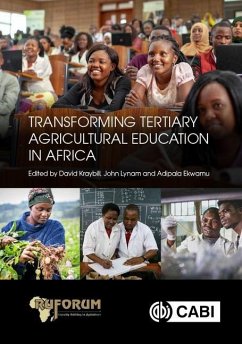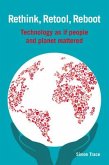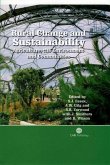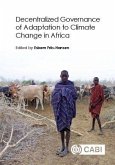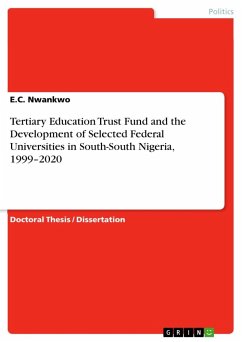Enormous changes are affecting African production agriculture, urbanization, and food consumption patterns, requiring new approaches to training and knowledge generation and dissemination to achieve food security. Many agricultural universities and other tertiary agricultural education (TAE) organizations have been slow to respond, hindered by inadequate staffing and facilities and growing competition for funds. However, some African agricultural universities are transforming themselves and are achieving remarkable success. This book documents successful approaches to remaking TAE in Africa to inspire leaders, both formal and informal, of other TAE organizations. It emphasizes adaptive strategies and processes creating an internal culture driven by stakeholder needs and where organizational transformation improves the quality and relevance of teaching, research, and outreach. The chapters cover the role of TAE in agricultural transformation, trends in TAE in Africa, solutions to the rigor-versus-relevance dilemma, curriculum design informed by actual and emerging labor market conditions, innovation and entrepreneurship, TAE quality assurance, and networking among TAE institutions. * Emphasizes best practices within Africa rather than theories or models from outside * Promotes adaptive organizational learning strategies rather than blueprints * Promotes collaboration and networking for cross-learning and leveraging of resources * Features practical examples and case studies This book is aimed at academics in Africa and abroad, students of agricultural development, educational and agricultural policy makers in Africa, international development partners, and education sector investors.
Hinweis: Dieser Artikel kann nur an eine deutsche Lieferadresse ausgeliefert werden.
Hinweis: Dieser Artikel kann nur an eine deutsche Lieferadresse ausgeliefert werden.

